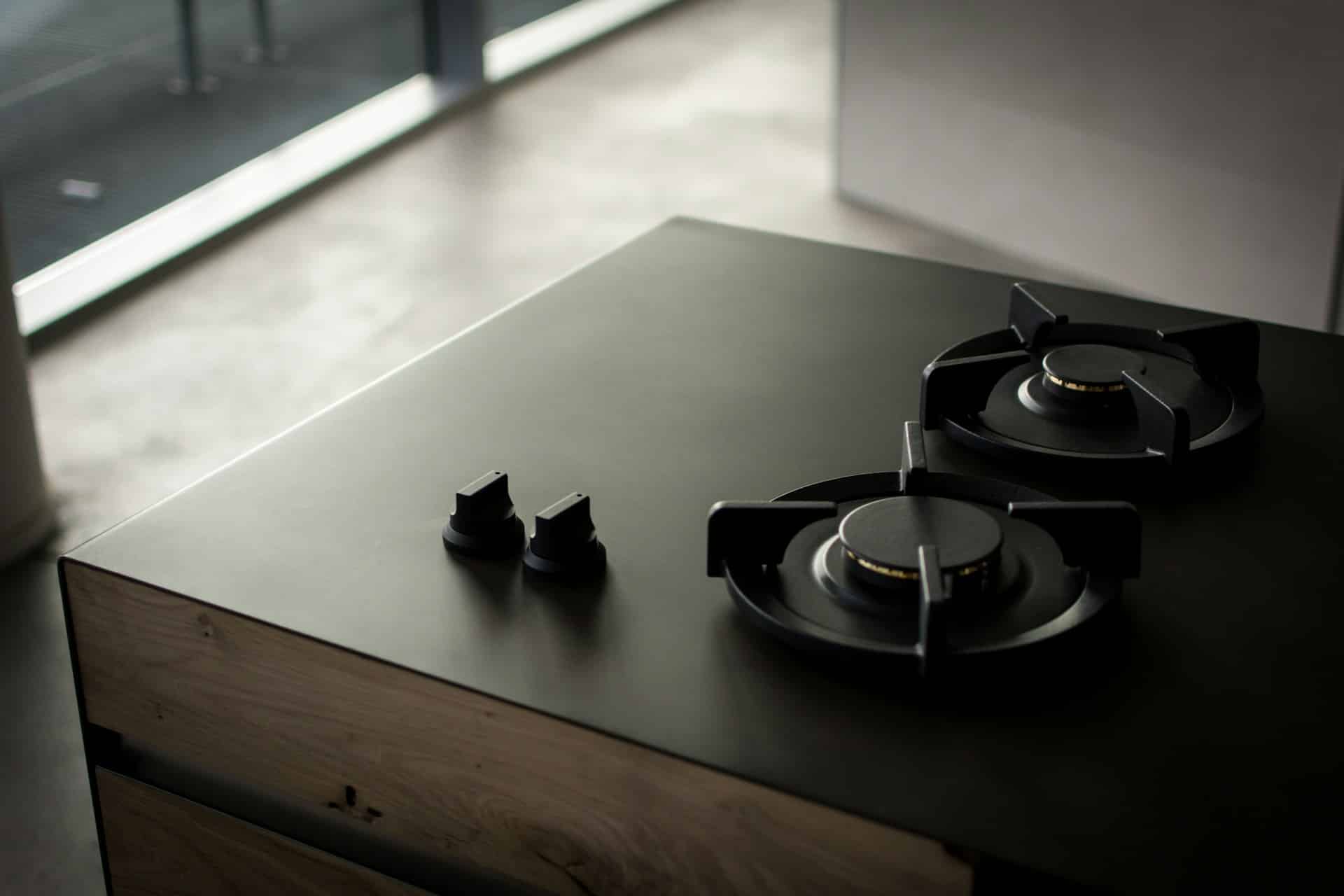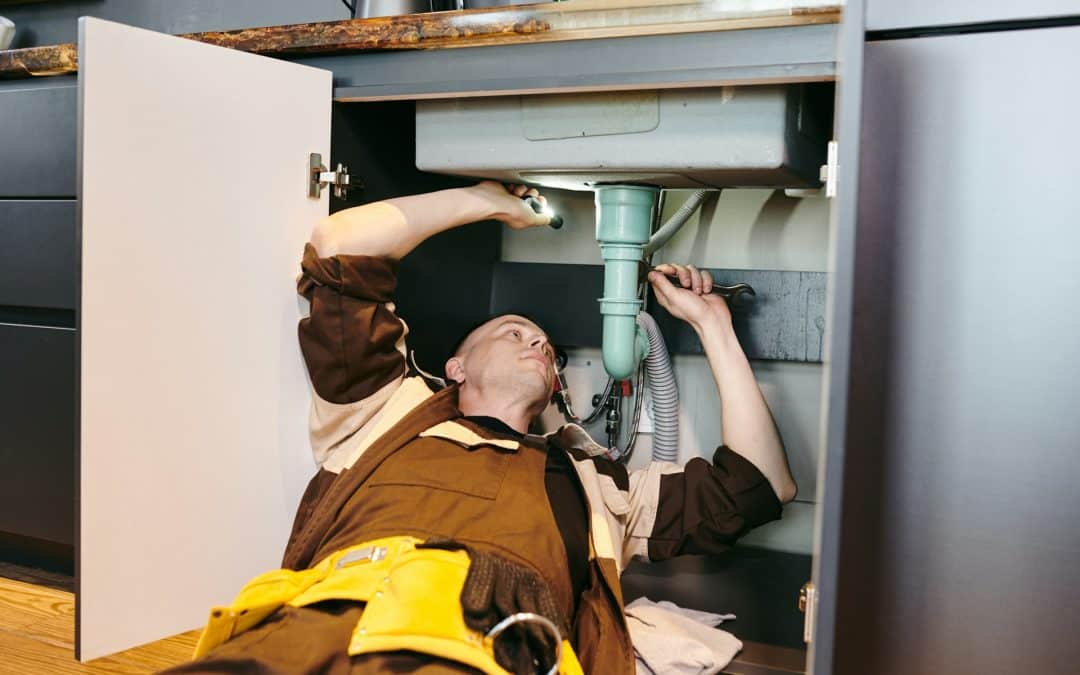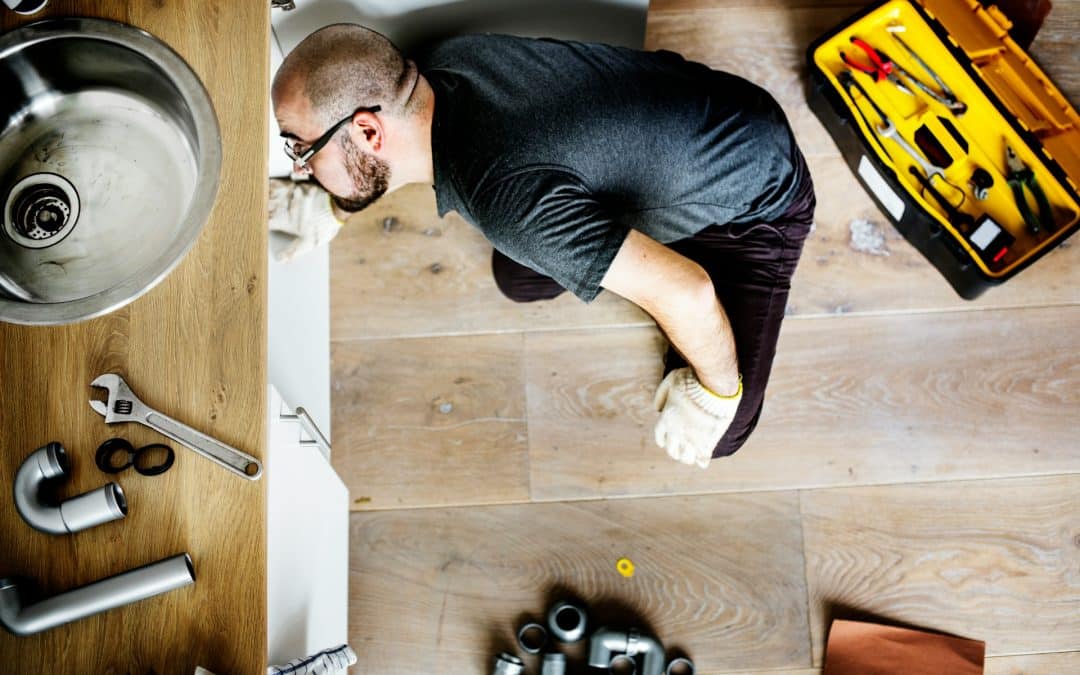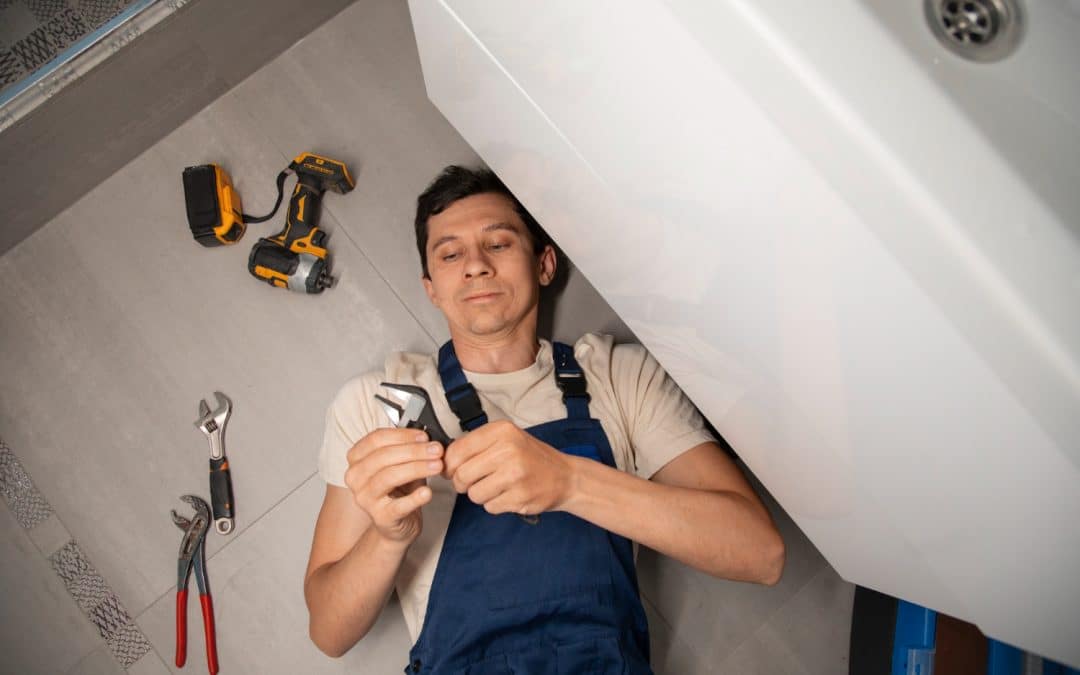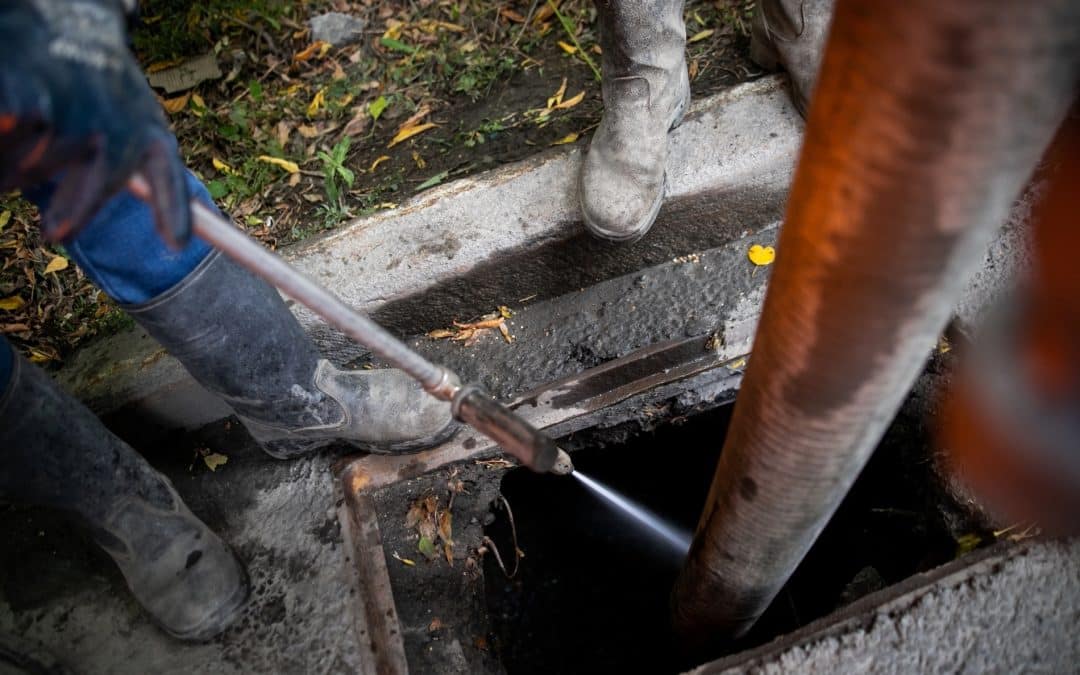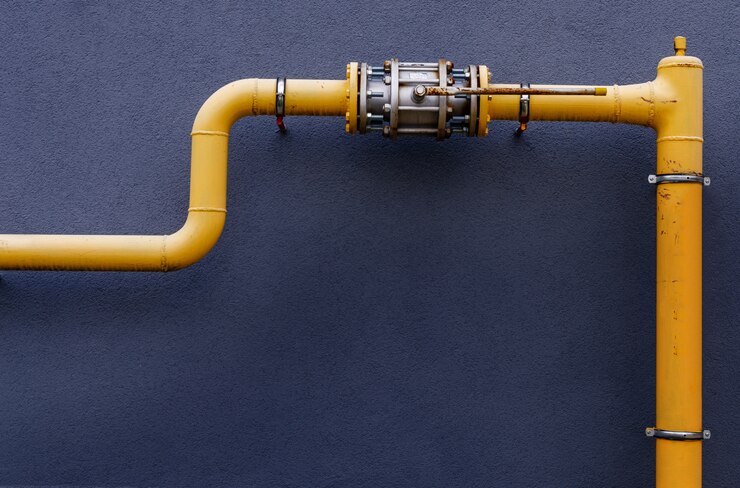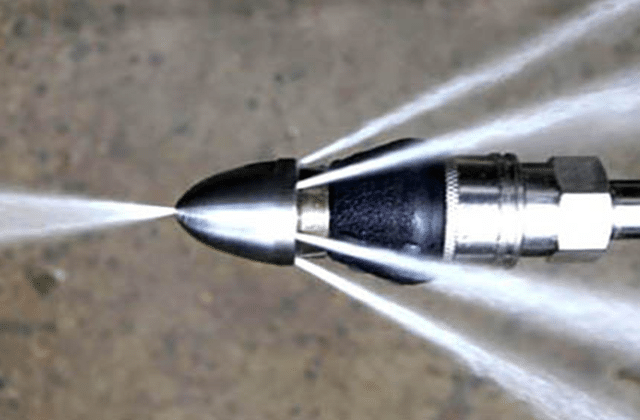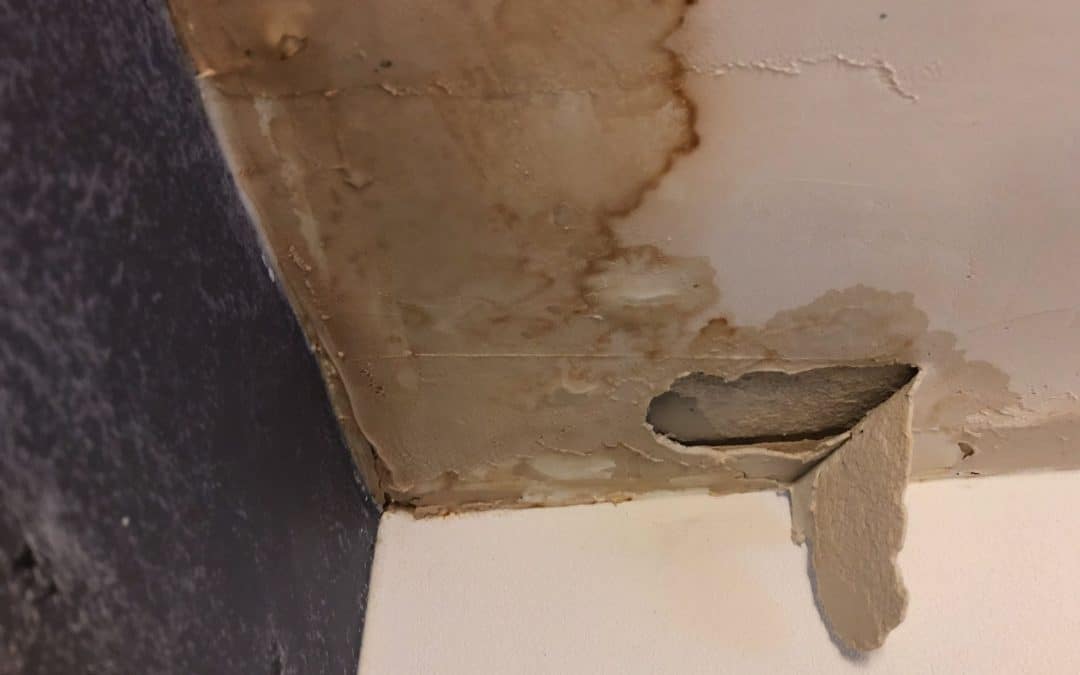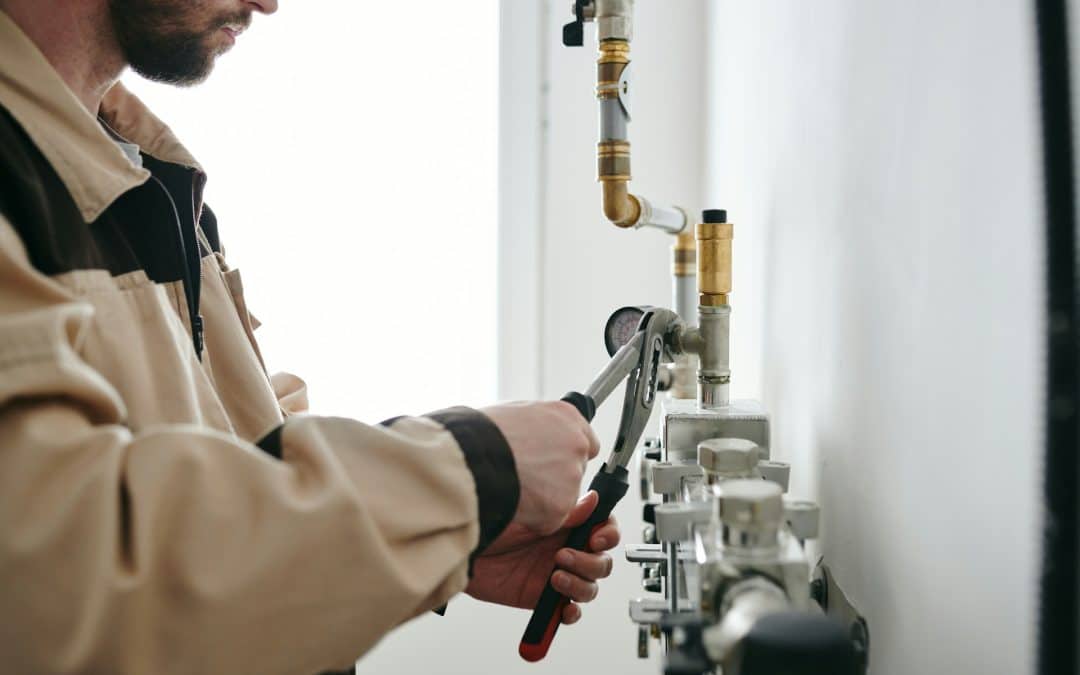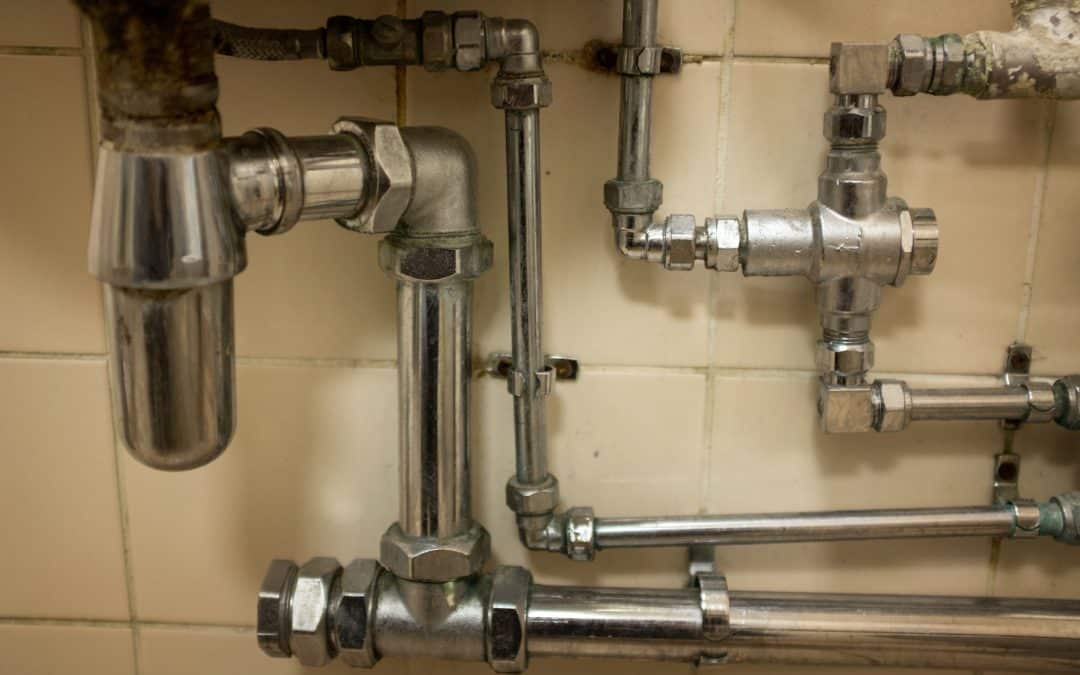Installing a new gas appliance might sound simple, but it takes more than just picking a product and plugging it in. Whether you’re adding a gas cooktop, water heater, dryer, or furnace, planning ahead makes the whole process smoother and safer. A well-thought-out plan helps avoid last-minute surprises that could delay the project, increase costs, or put your home at risk.
In a city like Las Vegas, where summer temperatures stretch late into the season, it’s especially important to plan carefully so you’re not left without working appliances when you need them most. Getting the gas lines installed the right way keeps your home safe and running efficiently from the start and well into the future.
Assessing Your Gas Appliance Needs
Before jumping into installation, take a step back and consider what kind of gas appliance matches your space and lifestyle. Homes vary, and what might work well for one may not suit another.
Here are some points to consider:
– Type of appliance: Are you installing a gas stove, water heater, dryer, or furnace? Each has different fuel, space, and venting requirements.
– Size matters: A too-large appliance might waste energy, while a too-small one might underperform. Choose a size that matches your household’s gas usage.
– Future plans: Thinking about finishing a basement or growing your household? Those changes can increase future gas demand, so planning ahead helps you stay prepared.
– Safety and efficiency: Look for updated models with built-in safety features and energy-saving performance.
If your last appliance didn’t work well, this is a good chance to fix any old issues. Maybe your dryer never stayed hot, or your stove burners were uneven. Updating your appliance and setup lets you customize things the way you want from day one.
Evaluating Your Current Gas Line Setup
Once you’ve identified your appliance needs, take a closer look at your home’s existing gas line setup. Not every house is ready to support new appliances without modifications.
Some homes already have gas lines in the right spot, but others might need adjustments. Upgrades may be necessary to keep things safe and to meet the city’s building codes. Adding a new appliance without enough gas supply can hurt performance or pose a risk.
Check for warning signs like:
– The smell of gas near utility lines or appliances
– Weak or flickering flames from older gas units
– Lack of a past gas line inspection
– Planning to switch from electric to gas appliances
These are especially common in Las Vegas homes during kitchen or laundry room renovations. Whether you’re upgrading your kitchen cooktop or adding a built-in grill outdoors, getting things done correctly from the beginning will save time and money.
Bringing in a qualified plumber for an inspection is a good place to start. They’ll check for capacity, recommend changes if needed, and make sure you’re following regulations. That way, nothing gets torn out mid-project and everything stays on track.
Steps to a Safe and Efficient Gas Line Installation
Gas line installation in Las Vegas needs to follow a clear process that respects both local regulations and safety standards. Skipping around or guessing your way through could lead to problems down the road.
Here’s a typical step-by-step process:
1. Permit check – Before touching anything, see what permits are needed. Las Vegas has strict guidelines around gas lines to avoid errors and safety hazards.
2. Planning the gas line route – A licensed plumber will map out the cleanest, most efficient path for the gas line while staying within code requirements.
3. Choosing materials – Depending on your needs, installation might involve flexible or rigid piping that’s rated for indoor or outdoor use.
4. Making the connections – After routing the gas line, it’s tied into the main supply and hooked up to the new appliance.
5. Running pressure tests – A thorough test ensures there are no leaks and everything holds steady.
6. Passing inspection – The finished line must be checked by the city or a certified inspector before it’s turned on.
7. Hooking up the appliance – After approval, the appliance is installed and ready for use.
These steps ensure the work is done correctly, legally, and safely. It’s easy to overlook paperwork, line size, or pressure requirements, so having a trained pro on the job protects your home and gives you peace of mind.
Preparing Your Home for Installation Day
You’ve picked your appliance, scheduled your installation, and confirmed your gas line setup. Now it’s time to make your space ready so the work can be done smoothly with fewer delays.
Here are a few prep tips:
– Clear the area – Remove anything near the installation site. This might include furniture, rugs, or storage bins.
– Open the walkways – Technicians will carry tools and parts in and out, so move anything blocking their path.
– Keep pets away – For your safety and theirs, keep animals in another room while the installation is happening.
– Check for airflow – Make sure vents aren’t covered and nearby windows open easily for proper ventilation.
– Be available – Questions may come up during the install. It helps if someone’s home and able to answer them quickly.
These simple actions set the stage for a safe, efficient, and easier installation. They also help avoid small mishaps, like scratched floors or moved furniture.
Ensuring Long-Term Safety and Maintenance
A good installation is just the beginning. Long-term safety means checking in on your gas appliances occasionally and knowing what signs to watch for.
Here’s what to keep an eye out for:
– Odd smells near the appliance or gas meter
– Unusual noises like clicks or hissing from the gas line
– Pilot lights that flicker or won’t stay lit
– A sudden dip in performance
If anything unusual happens, turn off the appliance and don’t try to fix it yourself. Call a professional immediately for help.
It’s also smart to set up annual maintenance. A licensed plumber can check for corrosion, confirm the vents are clear, and tighten any worn-out connections. These inspections help catch small problems before they grow into big repairs.
Many Las Vegas homeowners tie this service in with their HVAC or water heater checks in spring or fall, making it easier to stay on schedule year after year.
Choosing the Right Experts for the Job
Gas work isn’t something to take lightly. It involves understanding local rules, handling pressure-rated components, and working around potentially dangerous materials.
Hiring licensed professionals protects your home and your safety. A good gas line technician will:
– Pull the permits required by the city
– Work with approved materials tested for safety
– Calculate the load needed for your appliance
– Check for pressure consistency before connection
– Schedule inspections and pass without stress
Whether you’re replacing an old appliance or switching from electric to gas, you want the job done right the first time. Old rules change, and what once passed code may no longer meet Las Vegas requirements.
A trusted team saves you the hassle of redoing work or facing delays due to failed inspections. You gain more than just a properly installed appliance. You gain confidence that it’s safe, long-lasting, and professionally handled.
Planning It Right from the Start
Gas appliances make daily life easier, but only when everything is installed and operating as it should. The key to getting there lies in early planning and working with skilled professionals.
Taking the time to assess your home’s needs, check your gas capacity, and follow each required step keeps your household running efficiently. Skipping ahead or cutting corners can end up costing more both in time and repair.
Las Vegas homes face particular seasons and energy demands that make it important to have gas appliances ready when you need them most. From hot summers to cooler months, a reliable system changes your whole comfort level.
Choose the right setup from day one and keep it in shape with regular care. When it’s put in by a trained pro and looked after each year, your gas appliance will do exactly what it’s supposed to do and keep your home running steady.
If you’re planning to upgrade your home’s appliances for better performance and efficiency, Plumbing Kings LLC is here to help. Our licensed plumbers can walk you through every step of a safe and efficient gas line installation in Las Vegas, ensuring everything is set up correctly from the start. Reach out today to schedule your consultation and let us take care of the details so you can enjoy peace of mind at home.
